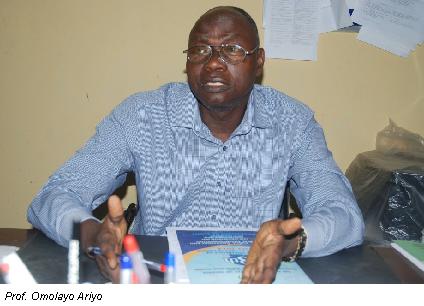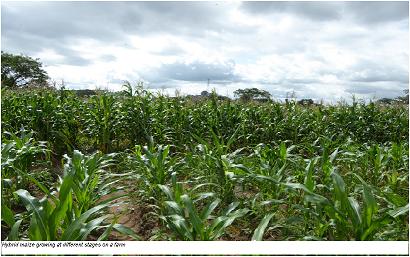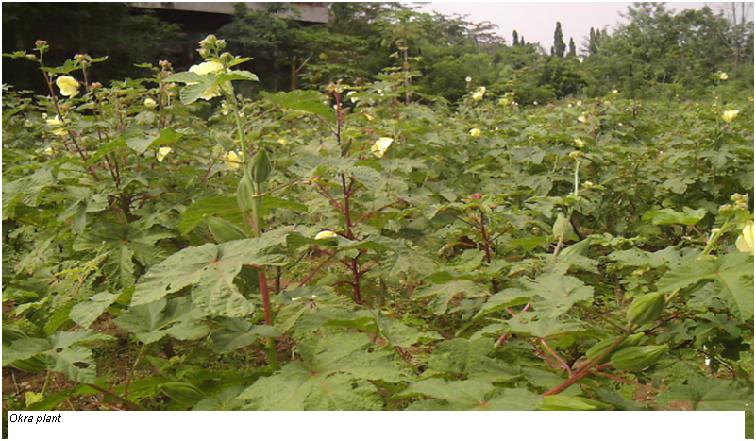A Professor of Plant Breeding and Genetics, College of Plant Science and Crop Production (COLPLANT) and a former Deputy Vice-Chancellor (Development) of the University, Professor Omolayo Ariyo, has identified some crop varieties that can adapt to all environment and can grow in specific locations. Professor Ariyo, whose research work has spanned over 25 years, disclosed this while recounting his research findings. He noted that as a breeder, who can work on any crop, he had worked on seven different crops namely: soya beans, okra, maize, groundnut, cocoa, cowpeas and rice.
According to Professor Ariyo, who has done much research on genotype and environment interplay in crop production, crop genotypes respond to the environment in different ways and at varying levels, which had made multi-environment study very necessary in plant breeding. He added that this study had helped breeders to select desirable genotypes for high yield and stability under a suitable environment.
Speaking on what spurred his interest in this area of study, the University Don said that this research area had been on the front-burner of plant breeding for many years and scientists see it as the most appropriate process in crop development. Since 1938, scientists had been looking for the most appropriate technique to measure stability, noting that genotype and environment interplay in crop production was a living topic, since every process of crop development must pass through it. He added that it was very important for every breeder to have a good knowledge of it. He lamented that despite all the study, so many breeders were yet to follow the right trend.
Professor Ariyo further stated that this research area was very important because every process of variety must be subjected to stability analysis before it can be released, noting that if any crop fails the stability test, it can be thrown away. He added that he had collaborated with International Institute for Tropical Agriculture (IITA) and Nestle Food Plc to get a variety of soya beans that would be suitable for their farms in Kaduna, adding that he also developed cowpeas and maize trials with IITA.
The Professor of Plant Breeding and Genetics disclosed that the major achievement of this research had led to food safety and security in the country, adding that most of the varieties were accepted and had been released to farmers for cultivation, noting that it has also contributed to international discussion on the matter, adding that it encouraged collaboration and team work with other breeders.Professor Ariyo observed that despite all the achievements recorded, he faced some challenges such as inadequate facilities and needed infrastructure like good laboratories. He noted that it could have been more difficult if not for interventions that had assisted in providing all the needed materials for their research. He, therefore, suggested that the University should ensure that the needed facilities, farm labour and technical assistance to make their work less hectic are available. To his colleagues and upcoming researchers, he charged them to be courageous because the research environment presently is harsh and unfriendly, adding that the opportunity is not there like before, saying that they should work harder and be focused in order to achieve more.
